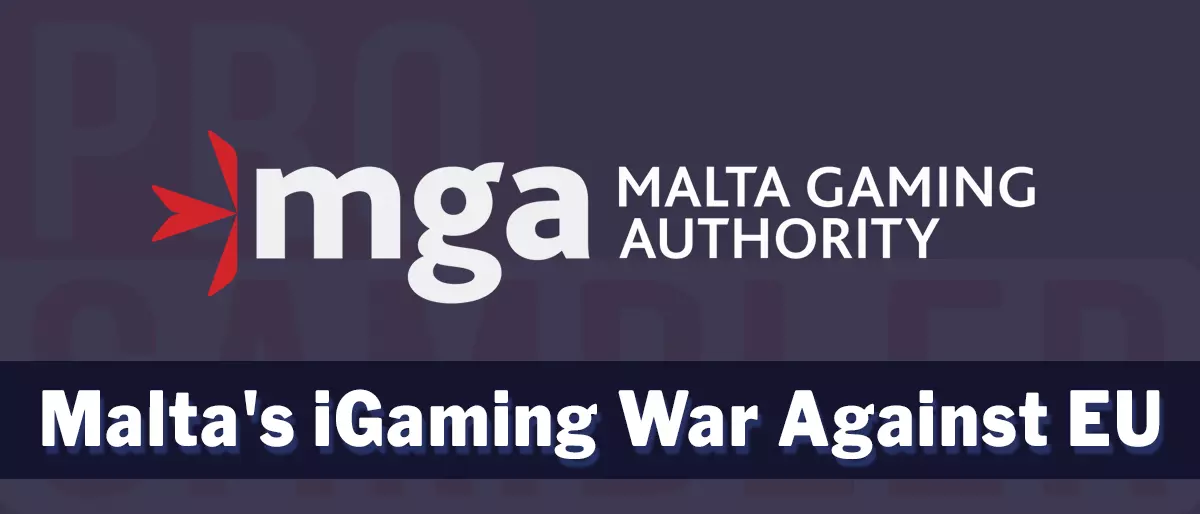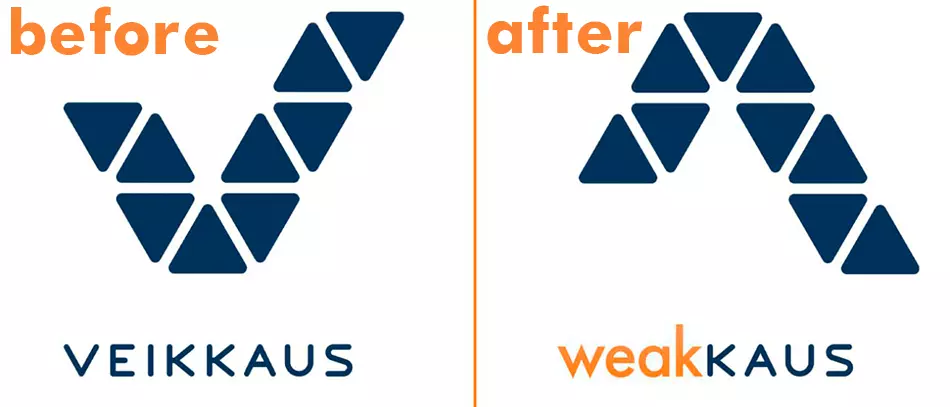Malta has initiated an iGaming war against the EU and decided to transform itself into a second Curaçao. Bill No. 55 was passed, which will allow brands with an MGA (Malta Gaming Authority) license to accept players from the EU.
Yesterday, Malta passed Bill No. 55, providing immunity to Maltese iGaming companies from intervention by foreign judicial authorities.
In essence: many EU countries with a regulated iGaming market believe that they can only accept players from their countries by obtaining their local licenses. In other words, to accept players from Germany, you need a German license; from Spain, a Spanish license; from Italy, an Italian license, and so on. Some EU countries recognize the MGA license, but many do not, and they do not admit MGA-branded companies into their market.
Look at the reviews of the best licensed online casinos, and also the TOP-10 rating.
Malta has always asserted that iGaming brands with its license should be allowed to accept players from all EU countries. In justification, Malta referred to EU legislation, according to which, in its opinion, it can offer its services throughout the EU based on the principle of free movement of goods and services.
Many EU countries objected, arguing that iGaming is neither a good nor a service, and they have no intention of giving up their player revenues to any MGA brands.
The trigger was a situation with the 888 brand. Austria has a state monopoly on online gambling. 888 accepted players from Austria. Austrian regulators filed lawsuits in an Austrian court, which decided to charge 888 a certain amount and sent this decision to Malta for execution within the framework of EU legislation on mutual recognition of judicial decisions. A similar situation occurred with Germany and other brands with an MGA license.
From this point, Maltese legislators took a hard stance. Once upon a time, brands with an MGA license freely accepted all players from the EU. But with the introduction of regulation, the market has been shrinking over the last 10 years, brands had to refuse players from newly regulated markets, and revenues dropped.
One after another, courts in EU countries began to issue decisions to impose fines on MGA brands, which Malta was obliged to enforce. This greatly irritated the island’s government, the basis of whose economy is iGaming.
Ultimately, it led to the adoption of the law No. 55, which essentially absolves Maltese gaming companies of responsibility for violations of iGaming legislation of other EU countries, provided those actions are not prohibited by Maltese laws.
It is yet unknown what this will result in practice. Calls are already being made for the European Commission to intervene, claiming that the law opens a loophole for accepting players from regulated EU markets.
One after another, representatives of EU iGaming regulatory authorities express their protests, asserting that Bill No. 55 will turn Malta into a hub for illegal gambling, money laundering, violation of players’ rights, and is an economic subversion against the EU.
On the other hand, it’s not a given that MGA operators will immediately decide to accept players from all EU countries. In theory, as long as their employees are physically in Malta, they will be protected by Bill No. 55. But as soon as they are in other EU countries, there could be trouble.


